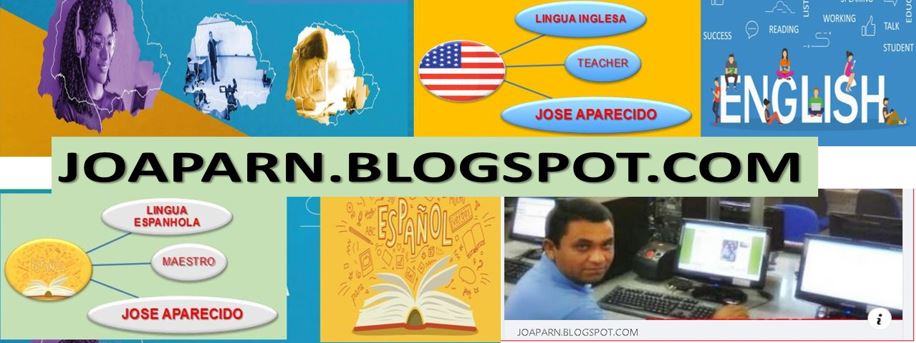1. A Cidade do México é a capital e a segunda maior cidade das Américas.
2. Chapultepec é um dos maiores parques urbanos do mundo;
3. O Castelo de Chapultepec foi o primeiro castelo construído no continente americano.
4. A área Cidade do México com uma população estimada em cerca de 20 milhões vivendo na região.
5. A Cidade do México está afundando 20 cm por ano , pois isso torna muito sujeita a enchentes.
6. O símbolo no centro da bandeira mexicana mostra uma águia comendo uma cobra sobre um cacto.
7. A Universidade Autônoma do México (UNAM) é a mais antiga da América latina: foi fundada em 1551.
8. Apesar da língua oficial ser o espanhol, são faladas 62 línguas indígenas no México.
9. As abelhas maias são originárias o México e têm a particularidade de não possuirem ferrão.
2. Chapultepec é um dos maiores parques urbanos do mundo;
3. O Castelo de Chapultepec foi o primeiro castelo construído no continente americano.
4. A área Cidade do México com uma população estimada em cerca de 20 milhões vivendo na região.
5. A Cidade do México está afundando 20 cm por ano , pois isso torna muito sujeita a enchentes.
6. O símbolo no centro da bandeira mexicana mostra uma águia comendo uma cobra sobre um cacto.
7. A Universidade Autônoma do México (UNAM) é a mais antiga da América latina: foi fundada em 1551.
8. Apesar da língua oficial ser o espanhol, são faladas 62 línguas indígenas no México.
9. As abelhas maias são originárias o México e têm a particularidade de não possuirem ferrão.
11. Os primeiros povos a cultivar o tomate no mundo foram os Incas e os Astecas no ano de 700 A.C.
12. A culinária mexicana é uma das mais ricas do mundo, embora seja por vezes gordurosa e condimentada.
13. Os mexicanos têm o hábito de colocar pimenta em todos os pratos, inclusive em muitos doces e frutas.
14. O chocolate é originário do México e América Central. , um líquido escuro feito com cacau pelos astecas.
15. Conhecida no mundo todo, a tequila é um destilado feito “agave tequilana” ou mescal.
Fonte:http://pt.shvoong.com/society-and-news/culture/2150467-15-curiosidades-m%C3%A9xico/#ixzz34u5ucVpu




